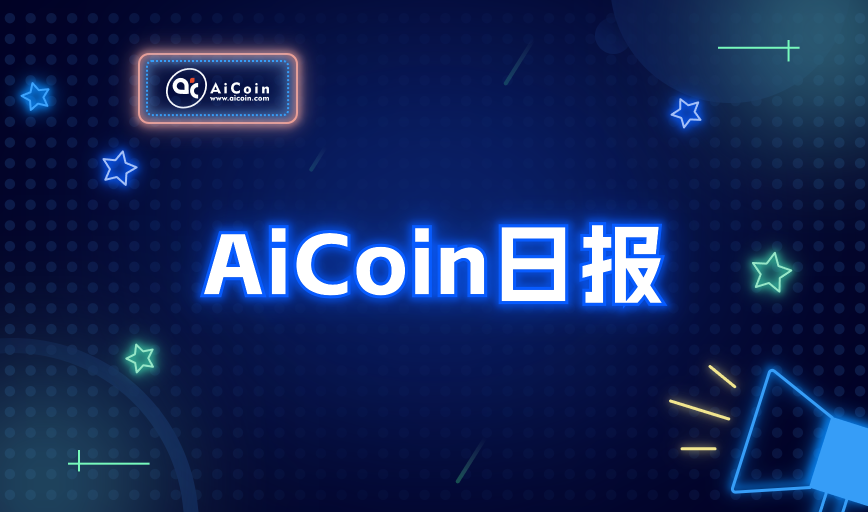Original Title: "Web3 Desert Oasis: Dubai's Digital Gold Dream"
Original Author: Bright, Foresight News
On March 12, 2025, Binance announced a $2 billion investment from Abu Dhabi investment firm MGX. This is the largest institutional investment in the crypto industry since its inception, sending a strong signal to the outside world— the Middle East, especially the UAE, is ambitiously building the "Jerusalem" of cryptocurrency.
With Token2049 Dubai approaching, let’s take a look at this crypto palm island together.

I. The Digital Mecca Between Two Oceans and Three Continents: The Geopolitical Code of Dubai
A Strategic Hub in the Desert
In the northeast corner of the Arabian Peninsula, the UAE is like a pearl nestled between the Persian Gulf and the Gulf of Oman. This federation of seven emirates occupies a strategic position connecting the three continents of Eurasia and Africa. Dubai, the most dazzling city in this federation, has transformed from an inconspicuous desert fishing village into a global financial center in just 40 years.
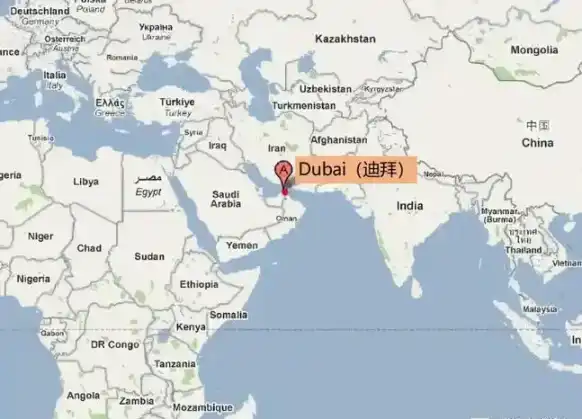
This miraculous transformation is not accidental; the geopolitical threads have long been woven. Overlooking the Strait of Hormuz and the global energy lifeline, Dubai is not only the heart of oil dollars but also the crossroads of East-West bulk trade. In 2023, the UAE surpassed the UK to become the world's second-largest gold trading center, with a total trade volume exceeding $129 billion. According to data from the Dubai Multi Commodities Centre (DMCC), Dubai accounts for 15% of the global annual gold trade.
Dubai's geopolitical strategy has always centered on the principle of "no position is a position." As a member of the Gulf Cooperation Council (GCC), the UAE maintains neutrality in regional games, complies with Western sanctions against Russia, while absorbing the safe-haven funds triggered by the Russia-Ukraine conflict, boosting the real estate boom at the end of 2022. This "all-in" diplomacy has made Dubai a haven for wealth and a secret trading hub. After the reconciliation between Iran and Saudi Arabia in 2023, Dubai's status as a thoroughfare has become even more solidified.
Moreover, Dubai's Web3 "geopolitics" is also reflected in its lenient regulatory environment, which attracts global talent. After the Monetary Authority of Singapore announced a crackdown on crypto speculation in September 2023, many Chinese practitioners began to turn their attention to Dubai, with industry professionals admitting: "Singapore is great for finance, but not for projects; VCs can't afford it. To do projects, you have to come to Dubai." Since April 2022, the Indian government has imposed a high tax rate of 30% on crypto earnings, and in July of the same year, an additional 1% tax was levied on electronic asset buyers. Sandeep Nailwal, co-founder of Polygon, is a typical case; he reluctantly left India in 2020 and settled in Dubai, stating: "I wanted to build a better Web3 platform in India, but the chaotic regulatory environment left me no choice."
From Dubai, leveraging the world's largest airline, Emirates, cryptocurrency practitioners can easily fly to other Web3 hubs such as Singapore, Switzerland, Portugal, Hong Kong, and North America for meetings, weaving a network of Web3 routes. This geographical advantage has made Dubai a "digital Mecca" for global Web3 talent and capital.
Residents of the Crypto Hotspot
As of September 2024, the UAE has a population of 12.5 million, with expatriates accounting for 88%. Dubai's population is 3.76 million, making up 41.9% of the national total, with a population density eight times that of the rest of the country. According to research by the UAE Telecommunications Regulatory Authority (TDRA), about 11.4% of residents own or invest in cryptocurrencies, placing the UAE among the top ten countries globally for crypto investment residents.
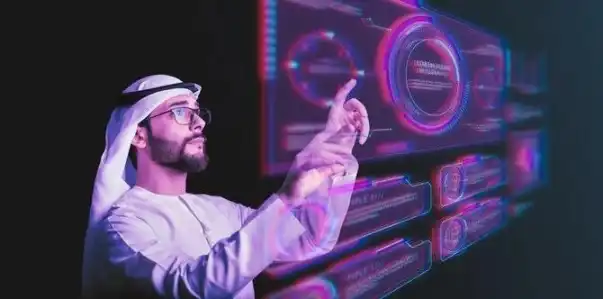
Dubai's crypto users are characterized by youth and high income. A YouGov survey shows that 66% of UAE adults are interested in cryptocurrencies, with 11.4% owning or investing, ranking among the top ten globally. Research by Holborn Assets indicates that users aged 18-30 (30%) and 30-40 (45%) dominate, with UAE locals (33%) more enthusiastic about investing than Arab expatriates (23%), Asian residents (24%), and Westerners (19%). 59% of users view cryptocurrencies as long-term investments, 35% for portfolio diversification, 11% to hedge against inflation, 34% for short-term trading, and 22% for daily payments. Bitcoin (72%) is hailed as "digital gold," while Ethereum (52%) is favored for its smart contract functionality, followed by stablecoins (45%). 24% of users focus on infrastructure projects, 21% invest in Layer 1 blockchains, and 22% are optimistic about AI-related crypto projects. The usage rates of CEX (45.7%) and DEX (48.4%) are close, with Business24-7 rankings showing that eToro is popular among beginners, OKX leads in derivatives liquidity, Binance offers the most diverse token types, and dydx and Uniswap rank high in DEX trading volume. 37% of users believe blockchain will revolutionize real estate transactions, reducing friction in purchases through transparency.
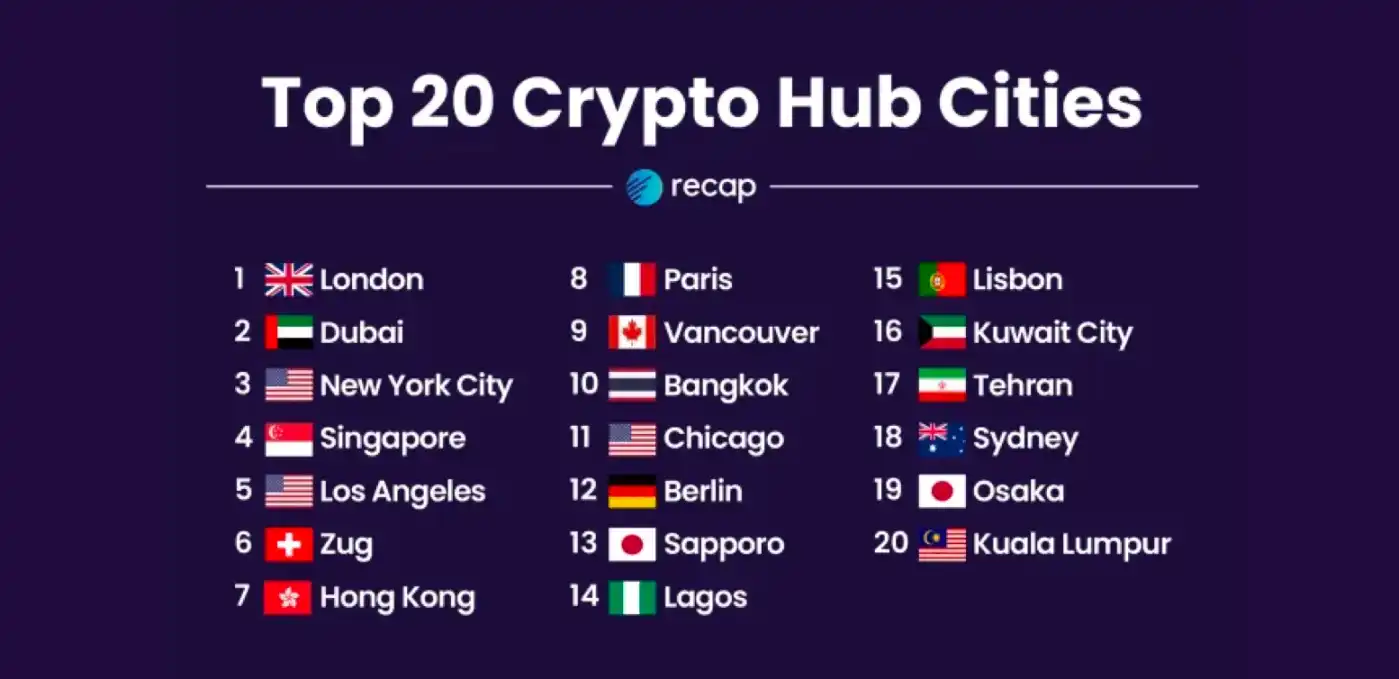
Dubai is also a melting pot of diverse cultures. Even with language barriers, expatriates can live worry-free and even start businesses here, thanks to the widespread use of UnionPay cards and the rapid development of FinTech. Cryptocurrencies are already circulating in many scenarios in Dubai, from high-end hotels to street shops, further solidifying residents' confidence in Web3. However, Dubai's population structure is quite unique. According to statistics from the Dubai Government Office, over 80% of Dubai's population consists of foreign laborers, primarily of Indian and Pakistani descent, with locals making up a very small percentage and largely relying on state welfare. This demographic structure makes Dubai's Web3 ecosystem more like a global experimental field rather than a locally driven market.
Dubai's immigration policy further reinforces its "money-first" characteristic. Non-Muslims can hardly obtain citizenship, and at most can gain long-term residency through a "golden visa." For example, investing 2 million dirhams (about $540,000) in real estate can secure a ten-year residency, leading to the emergence of "visa units" designed specifically for investors on Palm Island—some 25 square meter apartments even come equipped with Bitcoin mining machines. In 2023, a retired teacher from Shanghai purchased two bathrooms in the Jumeirah Lake Towers with her pension, jokingly calling it a "toilet mining farm," and live-streamed the "appreciation record" in a WeChat group, with the latest episode discussing how to mine using a toilet tank. Such absurd cases reflect Dubai's extreme tolerance for capital: as long as you have money, there is always a place for you here.
II. The Crypto Revelation of the "Post-Oil Era": Dubai's Future Civilization Philosophy
The DIFC Following Maritime Law and Its Lighthouse VARA
In the "Wild West" of cryptocurrencies, Dubai has chosen a bold and innovative path. The UAE's legal system is based on civil law and Islamic law, emphasizing codified law and religious compliance, widely applied in personal identity laws (such as marriage, divorce, inheritance) and commercial activities, which are relatively conservative due to Islamic teachings.
To promote the development of the financial industry and attract international investment, Dubai established the Dubai International Financial Centre (DIFC) in 2004 and introduced a maritime legal system based on English common law. This additional legal framework allows Dubai to create an international and flexible legal environment suitable for the development of fintech, blockchain, and digital assets.
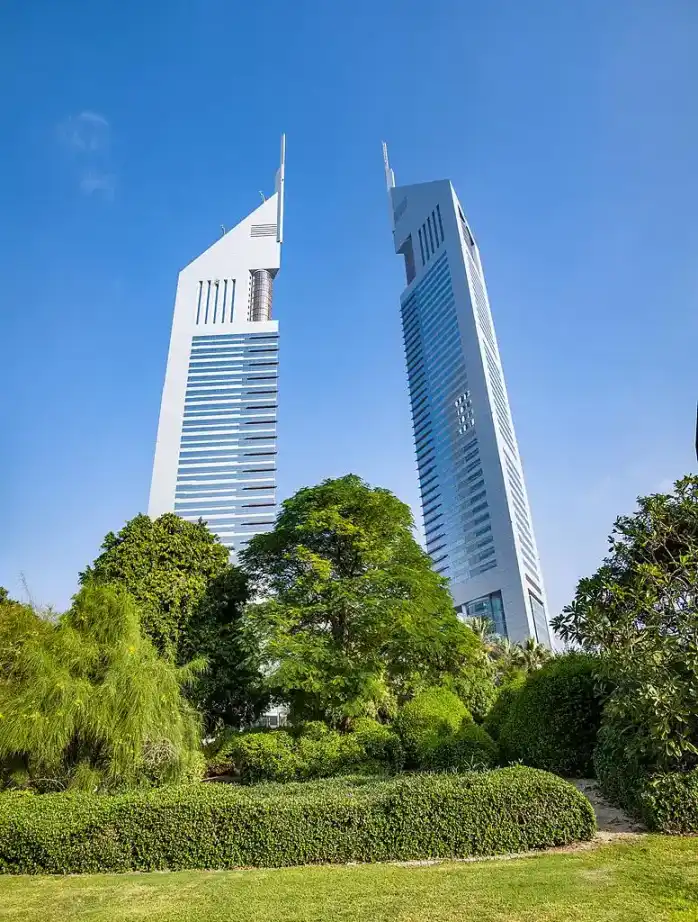
Established in 2022, the Virtual Assets Regulatory Authority (VARA) is a leading creation under the unique legal system of the DIFC. It is considered the world's first comprehensive virtual asset regulatory agency. It not only formulates rules but also acts as a catalyst for innovation. Through a "sandbox regulatory" model, VARA has found a golden mean between compliance and freedom.
VARA's triple mission is clear:
Investor protection: Requiring exchanges to custody customer assets and strictly enforce anti-money laundering (AML) and know your customer (KYC) processes;
Technological neutrality: Not pre-setting technological routes, allowing various forms such as blockchain, Web3, and DeFi to coexist;
Innovation incentives: Establishing a regulatory sandbox for startups to test new products in a controlled environment.
Unlike the "securitization regulation" of the U.S. SEC, VARA's classification of crypto assets is more flexible. Bitcoin can be viewed as a commodity, while platform tokens can be seen as securities, determined by the project's white paper and actual use. This flexibility has attracted leading exchanges like Binance, Coinbase, and Bybit to set up operations. Meanwhile, the DIFC supports a "sandbox testing" model, allowing new financial products to be tested in a controlled environment. For example, in 2024, the DIFC launched the world's first Digital Assets Law, injecting legal certainty into fintech and digital assets.
The efficiency of VARA's licensing issuance is known as "Dubai speed." There is a joke that obtaining a cryptocurrency license in Dubai is easier than getting a taxi license, with the slogan "In Crypto We Trust" already having its price noted in the background. However, objectively speaking, as an industry insider mentioned during Token2049: "Compared to Singapore and Hong Kong, Dubai's regulation is more friendly and can better reach end users." This lenient regulatory environment has increasingly made Dubai the preferred destination for crypto projects, with even street vendors selling shawarma displaying QR codes that say "Accepting USDT," as if the entire city is engaged in a decentralized barbecue party.
Islamically Compliant Crypto Ecosystem
The Islamic financial system is based on the core principles of the Quran and Hadith, emphasizing the prohibition of interest (Riba), risk-sharing (Mudarabah/Musharaka), and asset-backed financing. The combination of its unique religious attributes with modern financial practices is quite complex, and insufficient compliance can lead to systemic crises.

Dubai's regulatory innovation is not only reflected in technology but is also deeply rooted in cultural adaptability. In 2023, VARA collaborated with the Islamic Financial Services Board (IFSB) to release the "Islamic Compliance Guidelines for Crypto Assets," injecting a unique religious dimension into the crypto ecosystem. The guidelines clearly state:
- Investment in blockchain projects involving prohibited items such as gambling and alcohol is forbidden;
- Stablecoins must be backed by Sharia-compliant assets (such as gold and real estate);
- Smart contracts must comply with the principle of "freedom of contract" in Islamic law.
This dual compliance configuration of "religion + technology" has made Dubai a bastion for cryptocurrency in the Islamic world. Traditional Islamic finance prohibits interest (Riba) and uncertainty (Gharar), emphasizing risk-sharing, while the decentralized nature and smart contract features of cryptocurrencies align with these principles. As early as 2018, Dubai Islamic Bank (DIB) launched compliant crypto custody services, defining Bitcoin as "digital gold," cleverly circumventing the prohibition on interest. The Islamic DeFi platform Amanah, based on the Polygon chain, offers Sharia-compliant staking and lending services with an annual yield of about 3.5%, attracting wealthy individuals from the Middle East. This tension and integration form the unique charm of the Middle Eastern crypto ecosystem.
AI and Web3 Resonance Blueprint
Dubai's ambitions extend far beyond this. In 2024, the DIFC launched the "Dubai AI & Web 3.0 Campus," creating the largest AI cluster in the Middle East and North Africa. Located in the DIFC Innovation One building, this campus focuses on the application of AI and Web3 in key future industries, gathering many entrepreneurs and engineers. As a result, Dubai ranked sixth in the fintech sector in the 2021 Global Financial Centres Index (GFCI) and eighth overall. Unlike traditional financial centers such as New York, London, and Shanghai, Dubai's rise largely relies on the boost from the crypto economy.
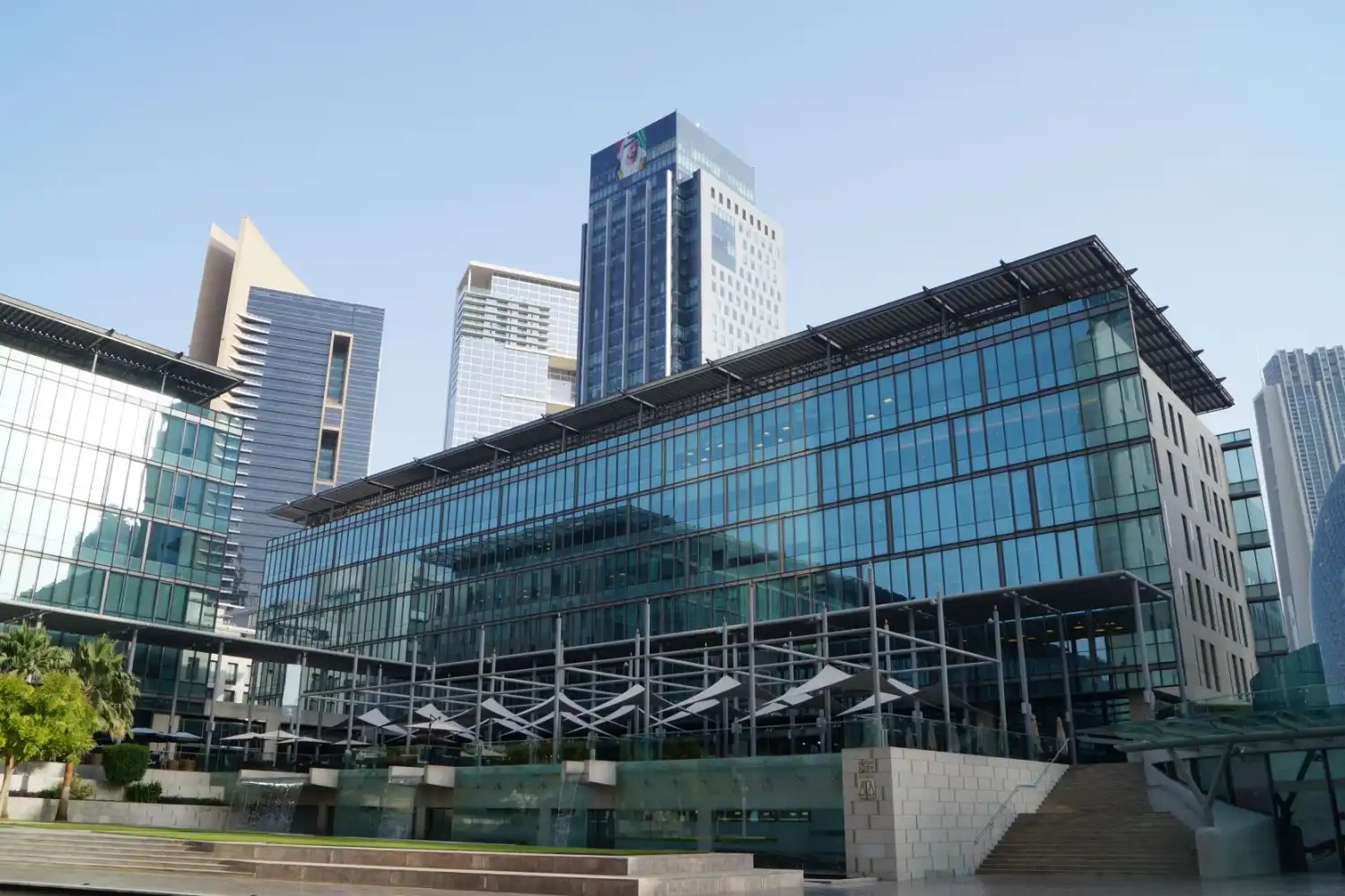
As early as 2013, the UAE launched the "Smart Dubai Initiative," utilizing blockchain to enhance government efficiency, evolving from payment tools (1.0) to financial applications (2.0) and then to government management (3.0). Today, this vision is beginning to take shape. The "2030 Digital Economy Strategy," released in 2021, aims to establish Dubai as a global blockchain center, creating $150 billion in economic value. In 2023, Dubai further introduced the "Metaverse Strategy," aiming to become the capital of the virtual world. This transformation from an "oil economy" to a "digital civilization" stems from a profound insight into the post-oil era. As the ruler of Dubai stated, "No one will remember the second best." In the race of Web3, Dubai vows to be first.
A New Global Money Laundering Center?
However, Dubai's advanced regulatory policies have naturally spawned controversies, with nicknames like "global money laundering center" and "virtual asset liquidity optimization hub" questioning its legitimacy. The boundary between innovation and fraud is not clearly defined in this city without a stance.
The rulers of the UAE can be seen as the world's largest "hedge fund managers." They sell underground oil while stacking new-generation "oil wells"—the illusion of wealth in skyscrapers—through glaring gold and dollars, ultimately channeling the credit card bills brought by the continuous flow of people into new "oil pipelines."
Dubai offers illusions to all visitors. Wealthy individuals flock in with ill-gotten gains, easily "cleaning" their money through real estate and investments. In 2024, the UAE attracted the highest number of millionaires globally, far surpassing the United States. For those empty-handed and full of dreams of sudden wealth, the configurations of electric batons and iron cages in scam zones like "Ras Al Khaimah" and "Oasis" are still on the rise.
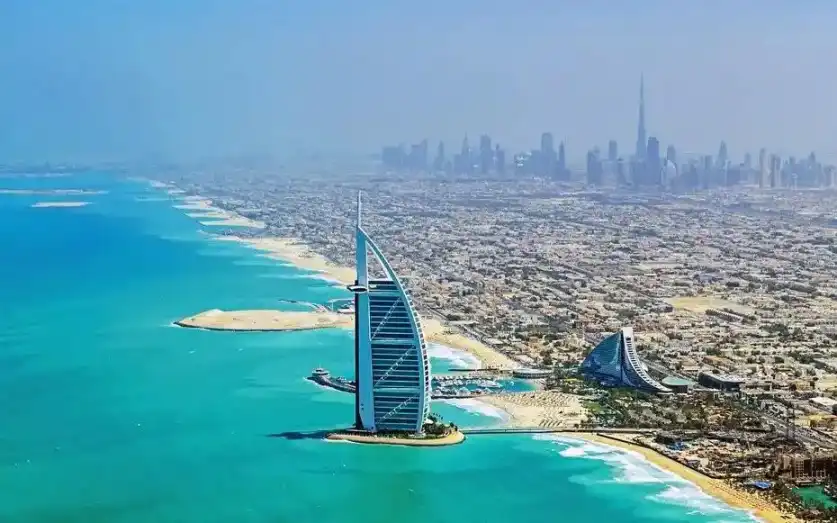
The "Metaverse Strategy" announced by the Crown Prince of Dubai in 2023 further reflects Dubai's ability to monetize illusions. From mirages in the desert to NFT trading and virtual land in government buildings, Dubai is always at the forefront of the intersection of reality and virtuality. When you talk money with the rulers, they will pat your shoulder and assure you, "We don't care about money, only dreams," because the casino always belongs to them. Whether it's oil or Bitcoin, global money-makers will ultimately bow down beneath the Burj Khalifa.
III. The Cyber Frontline of Palm Island: Dubai's Crypto Industry Ecosystem
Dubai's Web3 ecosystem is like an artificial miracle on Palm Island, a cyber oasis nurtured by code, capital, and ambition. From the USDT QR codes at street shawarma stalls to Bitcoin payments at the Burj Al Arab, this city has integrated cryptocurrency into the capillaries of life, creating a digital frontline where reality and virtuality merge.
The Dubai Heat of Leading Exchanges: A Desert Base for Global Giants
Just as the Ottoman Empire's disruption of trade routes gave rise to the Age of Exploration, the global regulatory storm has pushed Dubai to the forefront of Web3. In November 2022, Binance obtained a financial services license (FSP) from the Abu Dhabi Global Market (ADGM) Financial Services Regulatory Authority (FSRA), marking a milestone in its expansion into the Middle East and North Africa (MENA) market. In 2025, Binance received another $2 billion investment from Abu Dhabi's MGX, a massive investment led by royal family member Tahnoun bin Zayed Al Nahyan, which not only marks a turning point in Binance's development history but also signifies the UAE's deep commitment to Web3. MGX is affiliated with the Abu Dhabi Artificial Intelligence Committee (AIATC) and has previously invested in OpenAI and Anthropic, showcasing its cross-border ambitions from AI to blockchain.
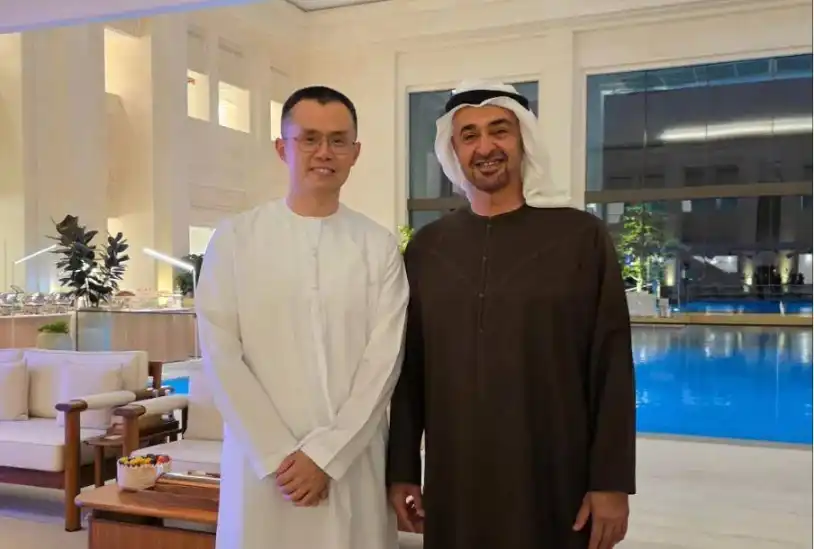
Other major players have followed suit. Bybit, Coinbase, OKX, and HTX have all established headquarters or branches in Dubai. In October 2024, OKX obtained a license from the Virtual Assets Regulatory Authority (VARA), becoming the latest compliant exchange. In 2020, Ripple set up its regional headquarters in the Dubai International Financial Centre (DIFC) to avoid regulatory pressure from the U.S. SEC, collaborating with Emirates NBD (ENBD) to reduce cross-border remittance times from the Middle East to Southeast Asia from three days to three seconds, demonstrating the practical value of blockchain. In 2022, Kraken became the first exchange to offer direct trading in UAE dirhams, lowering the entry barrier for local users. Asset management institutions like Cobo and Amber have also accelerated their layouts, applying for SCA and VARA licenses since 2020, targeting the wealth management needs of the MENA market.
Dubai is not the largest crypto market in the Middle East—Saudi Arabia ranks third with a larger population and trading volume, while the UAE ranks fifth. However, Dubai has become the regional "front desk" due to its regulatory clarity and infrastructure advantages. In 2023, a Bitget report showed that crypto adoption in the Middle East surged by 166%, with the UAE leading with 7% of global trading volume and $25 billion in trading value. Data from Chainalysis further indicates that Dubai's crypto industry contributes approximately 100 billion dirhams ($27.25 billion) in output value, accounting for 4.3% of the UAE's GDP. As of 2024, Dubai has gathered over 1,400 blockchain startups, with a total valuation of $24.5 billion, forming a closed-loop ecosystem with over 90 investment funds and 12 incubators. The Dubai Multi Commodities Centre (DMCC) Crypto Centre has registered 460 local blockchain companies, accounting for more than half of the city's total, while Switzerland's Crypto Valley has also established Crypto Oasis here, connecting the two major crypto centers.
Token2049 and Industry Summits: The Victoria's Secret Fashion Show of the Crypto Circle
Token2049 Dubai is a barometer for the global Web3 industry, gathering executives from exchanges, on-chain developers, venture capitalists, and policymakers. During the 2024 summit, Lamborghini fleets filled the area outside the Burj Al Arab, Russian models in exchange logo bikinis distributed flyers, and Korean GameFi project teams tossed "fragmented NFTs" at pool parties, resembling "the Victoria's Secret Fashion Show of the crypto circle." Inside the venue, VARA officials shared the stage with Binance CEO Changpeng Zhao to discuss the future of regulatory sandboxes and CBDCs; outside, DJs at Palm Island nightclubs used smart contracts to distribute ticket revenues in real-time, showcasing impressive on-chain transparency. The summit is not only a feast of technology and capital but also a microcosm of Dubai's "nesting and attracting talent" strategy.
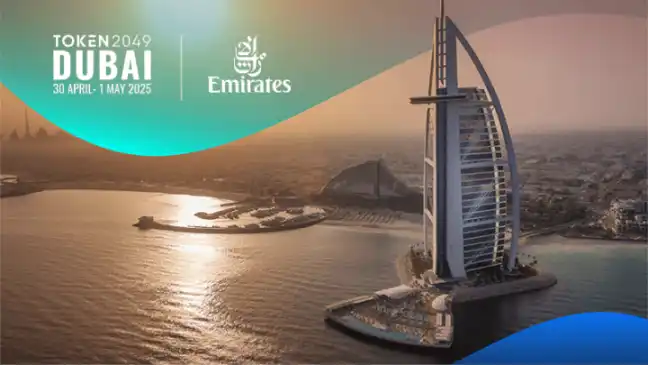
Dubai's summit fever does not stop there. The Gitex Technology Exhibition in October 2023 attracted practitioners from Asia Token2049 to its blockchain and metaverse pavilions, showcasing cutting-edge projects ranging from decentralized identity verification to AI-driven DeFi protocols. The Dubai FinTech Summit in May 2024 welcomed over 10,000 decision-makers, more than 300 thought leaders, and over 200 exhibitors, focusing on the payment revolution and on-chain finance. The Middle East Metaverse Conference in 2023 gathered 300 experts from over 40 organizations to discuss the strategic applications of virtual real estate and cultural digitization. These summits are not only stages for technology demonstrations but also tentacles for Dubai to connect with the global Web3 network.
Dubai's events also showcase its linguistic and cultural advantages. The fluent English and global vision of UAE officials shone at events like Gitex, while some Chinese Web3 project teams struggled with English expression. A Binance executive was once criticized for his accent at an event, highlighting Dubai's high demands for international communication. The DIFC's FinTech Hive incubator and the Dubai Future District Fund (which received a 1 billion dirham investment from the ruler in 2020) accurately capture innovative projects through summits and roadshows, incubating 584 startups in 2023, covering payments, on-chain finance, and metaverse applications.
Dubai's Unique Crypto Applications and Scenarios: Digital Life from the Streets to the Cloud
Payment Revolution: On-Chain Transactions from Shawarma to Luxury Homes
Dubai's payment ecosystem integrates cryptocurrency into daily life. In the Dubai Mall's aquarium, sharks swim while Bitcoin candlestick charts pulse on screens, and there are more crypto ATMs than public restrooms. Street shawarma stalls display QR codes that accept USDT, and tourists exchange dirhams on the BitOasis platform to pay for their stay at the seven-star Burj Al Arab hotel. In 2023, Cartier and Rolex stores began supporting USDT settlements, further bringing high-end consumption scenarios on-chain. Citizens School became the first school in the Middle East to accept Bitcoin and Ethereum for tuition, with parents jokingly saying, "Paying tuition with ETH means our kids are learning Web3 thinking."
Real estate is a major focus for crypto payments. In 2023, developers accepted Dogecoin for home purchases, and Kiklabb licensed organizations supported crypto payments. A YouGov survey showed that 40% of users believe cryptocurrency is an efficient means for cross-border remittances, 36% are willing to shop with crypto cards, and 20% are interested in crypto gifts. In 2019, the Rixos Premium hotel installed Dubai's first Bitcoin ATM, allowing tourists to insert cash directly to purchase Bitcoin. In 2023, LucidPay launched a Tezos-based stablecoin, and some hospitals accepted Bitcoin donations, with the transparency of blockchain payments reducing trust costs in the charity sector. In 2022, a black diamond sold for $4.3 million at a crypto auction, with buyer Richard Hert paying in Bitcoin, sparking widespread discussion.
The collaboration between Ripple and ENBD has improved cross-border remittance efficiency to seconds. Data from 2023 shows that 64% of Middle Eastern payment companies expect that more than half of merchants will accept crypto payments in the next three years. In 2024, a report from the Deel platform indicated that Dubai employees have the highest cryptocurrency withdrawal rates in the Middle East, with Ethereum accounting for 51%, followed closely by USDC and Bitcoin. This payment ecosystem is not only a technological advancement but also a strategic response by Dubai to the shadows of SWIFT system sanctions, with the borderless nature of cryptocurrency serving as an alternative to dollar hegemony.
Blockchain Games and NFTs: Starting from One Thousand and One Nights
The metaverse strategy is Dubai's grand narrative. In 2022, Dubai Crown Prince Hamdan announced a five-year plan for the metaverse, aiming to rank among the top ten metaverse economies globally, attract over 1,000 companies, and create 40,000 virtual jobs. In 2023, the Dubai Electricity and Water Authority (DEWA) launched the DEWAverse metaverse platform, allowing customers to pay bills in a virtual space and employees to receive on-chain training. In 2024, BEDU launched Project 2117 at the Museum of the Future in Dubai, planning to attract 100 million users into its metaverse ecosystem over the next decade, covering education, art, and social interaction.
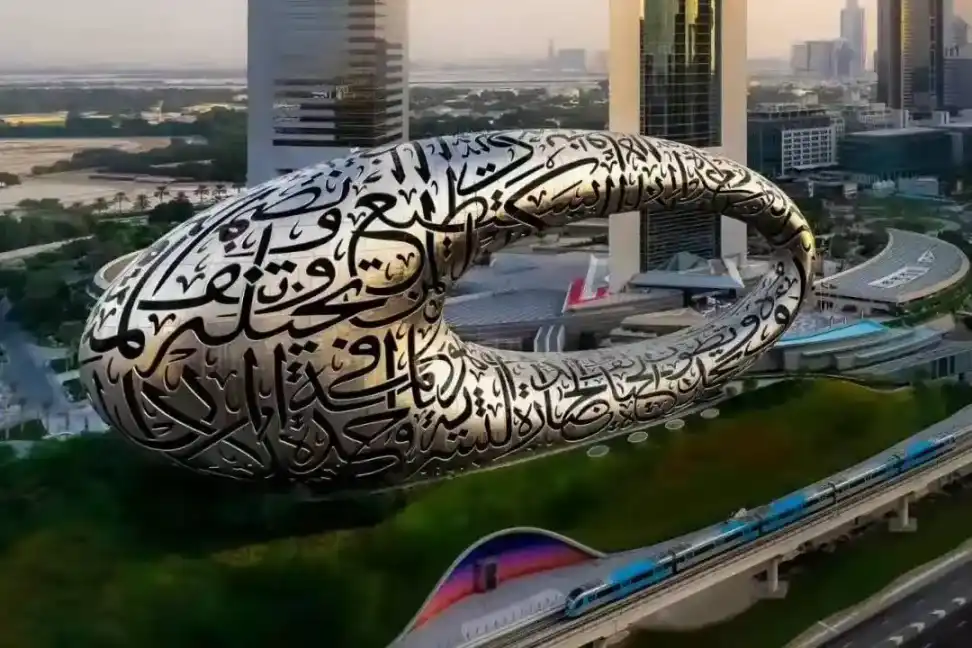
VARA demonstrated the cyber foresight of regulatory agencies by purchasing virtual land in The Sandbox in 2022, becoming the world's first regulatory agency with a metaverse headquarters. In 2023, Wemade and Whampoa Digital launched a $100 million Web3 fund focused on the metaverse and blockchain gaming. ResearchAndMarkets predicts that Dubai's NFT market will have a compound annual growth rate of 32.1% from 2022 to 2028.
The metaverse-based Dubai gaming ecosystem has become a new frontier for cultural export from the UAE. In 2024, the UAE is creating a "Metaverse Gaming Valley," attracting leading projects like Axie Infinity and Decentraland. The "Sinbad's Voyage" NFT, based on "One Thousand and One Nights," allows players to purchase virtual land linked to Dubai landmarks like the Burj Khalifa, with land appreciation tied to real estate values. In 2023, a virtual plot on Palm Island sold for 15 ETH. The Middle East Esports Alliance, based on Polygon, rewards players with cryptocurrency, and in 2024, the champion of a Dubai esports tournament received a prize of 2 BTC, with live viewers exceeding 5 million.
The Cornerstone of the Ecosystem: Policy Support and Infrastructure
Dubai's crypto ecosystem benefits from the government's forward-looking policies. The "Smart Dubai Initiative" launched in 2013 initiated blockchain applications in government affairs, and in 2016, the Global Blockchain Council was established, committing to put 50% of government operations on-chain by 2021. In 2022, VARA was established, adopting a "test - adapt - scale" model, covering giants like Binance, OKX, and Huobi within six months. In 2023, the DIFC introduced the "Digital Assets Law," providing legal protection for on-chain finance. The DMCC's Crypto Centre and the Dubai Future Fund (established in 2016) attracted 584 startups through tax incentives and incubation support, issuing over 100,000 "golden visas."
In terms of infrastructure, Dubai's global network and logistics advantages are unmatched. Emirates Airlines connects to global Web3 hubs, and Dubai Port has the highest throughput in the Middle East, supporting cross-border payments and hardware supply chains. In 2023, Dubai's 772 crypto companies provided employment for practitioners, and PwC predicts that the MENA blockchain market will exceed $3.2 billion in 2024. The Dubai Chamber of Commerce (established in 1965) has an electronic economy division that expands the user base through female entrepreneurship projects and metaverse education.
Dubai's crypto ecosystem is not only a testing ground for technology but also a convergence point for capital and culture. From the streets to the cloud, this city rewrites "One Thousand and One Nights" with blockchain, where every token and every transaction is a cyber prophecy for the future.
Reference articles, special thanks
"Dubai: Bitcoin and Mirages in the Desert" https://mp.weixin.qq.com/s?__biz=MzU1ODA4MjE5Ng==&mid=2247503736&idx=1&sn=6f9593f32c6135f2ab1d157411964792&chksm=fc297e83cb5ef7959f3a6052a6c7a03246426d21a78f83f379f337e7b005b84965a08f8b7b6e#rd
"The Blockchain Revolution in Dubai 2024: Growth and Challenges Analysis" https://mp.weixin.qq.com/s?_biz=MzU1ODA4MjE5Ng==&mid=2247503405&idx=1&sn=d7916a1fdab6361ead2b61f52233ff2f&scene=21&poctoken=HCRyBmijLmC-H0kvff-nt9EkB29tyClqbkGPNWlp
"In Dubai, I Saw the Future Sneezing" https://mp.weixin.qq.com/s?__biz=MzI1MTY3NDA5Nw==&mid=2247492340&idx=1&sn=ada90cdc88368f926936046f15102ee3&chksm=e9edce6ade9a477c2f493a0ffe33487d413f9da21bf7680cfc2cbb0952823f08a0442568134b#rd
"Mankiw Research | Detailed Explanation of DFSA's RWA Regulatory Sandbox Guidelines" https://mp.weixin.qq.com/s/Al0Iox-b64S7d5WAqfSA7w
"Dubai Crypto Market Research Report: The Light of the Crypto Industry in the Middle East" https://medium.com/@miixcapital/%E5%85%B3%E4%BA%8E%E8%BF%AA%E6%8B%9C-%E9%98%BF%E8%81%94%E9%85%8B-%E5%8A%A0%E5%AF%86%E5%B8%82%E5%9C%BA%E7%9A%84%E8%B0%83%E7%A0%94%E6%8A%A5%E5%91%8A-e320c55a379a
"Oasis in the Desert: Dubai's Blockchain Ambitions and Challenges" https://www.panewslab.com/zh/articledetails/pvy2qsal.html
"Dubai with 200,000 Chinese: Another Great Web3 Capital in Asia" https://www.theblockbeats.info/news/32415
免责声明:本文章仅代表作者个人观点,不代表本平台的立场和观点。本文章仅供信息分享,不构成对任何人的任何投资建议。用户与作者之间的任何争议,与本平台无关。如网页中刊载的文章或图片涉及侵权,请提供相关的权利证明和身份证明发送邮件到support@aicoin.com,本平台相关工作人员将会进行核查。




